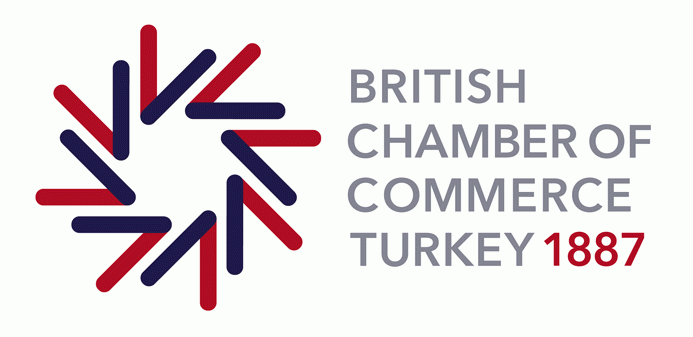Importers Are Given More Time to Prepare for Post-Transition Border Controls
29 June 2020
In 2021, a surge in demand for customs declarations is expected, as the transition period ends and full border controls between Britain and the EU are introduced. The UK government has notified the EU that it will not be seeking or accepting any extension to the transition period, which will finish on 31 December 2020.
Due to the impact of coronavirus on businesses, on 12 June the UK government announced a three-stage introduction of border controls, in order to give importers more time to prepare. The three stages were set out as follows:
1. From January 2021: Traders importing “standard goods” (the vast majority of imports) will need to implement basic customs requirements, such as keeping acceptable records of imported goods, but will have up to six months to complete full customs declarations. Though tariffs will need to be paid on imports, payments can be deferred until customs declarations have been made. There will be checks on “controlled goods”, such as alcohol and tobacco. Businesses will need to consider how they account for VAT on imported goods. There will also be physical checks at the point of destination (or other approved premises) on all high-risk live animal and plant imports.
2. From April 2021: All products of animal origin (POAO) – for example meat, pet food, honey, milk or egg products – and all regulated plants and plant products will also require pre-notification and relevant health documentation.
3. From July 2021: Declarations will have to be made at the point of importation, and the relevant tariffs paid. Full Safety and Security declarations will be required, while for SPS (sanitary and phytosanitary) commodities there will be an increase in physical checks and the taking of samples. Checks for animals, plants and their products will now take place at GB Border Control Posts.
This “staged” introduction of border control measures is meant to reduce the burden on importers who will still be recovering from the coronavirus crisis. The new framework will replace the Trade Simplified Procedures (TSPs).
There has, so far, been no announcement from the UK government with regarding post-transition export controls, because talks around export support for businesses are still ongoing, and several easement measures are being considered.
It is important that traders prepare for customs declarations in advance, as this task requires a high level of technical expertise. Exporters and importers need to decide if they will complete their own customs declarations or use a customs agent. Because specialised IT software and knowledge are required, most businesses have already secured themselves a customs agent, and remaining capacity in the sector is limited.
Chamber International’s Export Declaration Service, ChamberCustoms, ensures accurate and timely customs clearance for goods. A high level of compliance and assurance is maintained to help exporters avoid additional costs and disruptions to their business.
ChamberCustoms is backed by the British Chambers of Commerce, and has direct links to the HMRC Customs Handling System and all inventory-linked ports.
For more information, please contact our Customs Broker, Ioanna Orfanidi on +44 (0)7827 318692 or by email.
Follow Chamber International on Twitter @ChamberInt and on Facebook for the latest in international trade.



